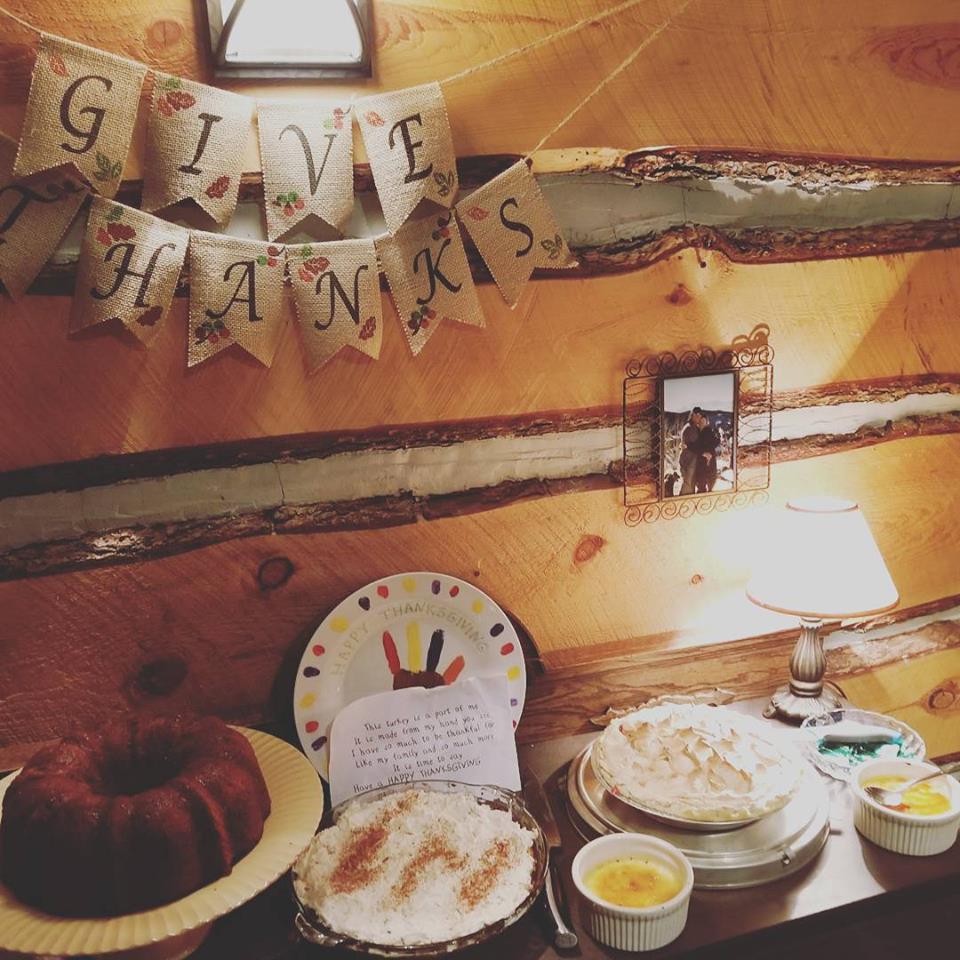Editor’s note: This is the latest installment from Will Falk as he follows the Colorado River from headwaters to delta, before heading to court to argue for the Colorado River to be recognized as having inherent rights. More details on the lawsuit are here. The index of dispatches is here.
by Will Falk / Deep Green Resistance Southwest Coalition
Thanksgiving brings me cognitive dissonance. I spent this one at my partner’s sister’s house in Midway, UT. I was certainly grateful for the rest after a month traveling with the Colorado River, for the great food, for the company, for my niece sharing the goings-on in her five-year old imagination, and for my spellbound two-year old nephew watching a video with me of Vaquita porpoises swimming while using his brand-new vocabulary to say “whoa” and “pretty cool.”
None of this can mask the horror Thanksgiving represents for many of this continent’s indigenous peoples or for the natural communities destroyed in the name of European “progress,” however. When I saw friendly cartoon turkeys smiling at me from the fringes of television screens showing football games, I also saw the extinct passenger pigeons that were more likely eaten at the first Thanksgiving than turkeys. When I saw the heaps of squash, sweet potatoes, and corn, I wondered if the Wampanoag regretted saving those strange, taciturn people they found freezing and starving near Plymouth Rock. When I saw the classic images of black-clad pilgrims clutching their blunderbuss muskets, I heard those same muskets spouting sparks, smoke, and lead while villages burned and children screamed.
I cannot claim to have always thought critically about Thanksgiving. I was born and raised in a white, middle-class, American Catholic family. Though my parents, fortunately, decided to have only two kids (I have a younger sister), my father is the second oldest of eight children and my mother is the second oldest of seven. My grandparents and my parents’ siblings were spread out across the country, but we always made an effort to spend Thanksgiving with family. As a child, Thanksgiving was, for me, simply a family gathering.
But, then I spent time in native communities, with open ears. I studied history. I refused to let comfortable fantasies anesthetize painful realities. In other words, I learned and I grew up.
I learned that Christopher Columbus’s first interactions with native peoples were poisoned with his intentions to enslave them. I learned about the holocaust Hernan Cortez and his conquistadors inflicted on the indigenous peoples of Mexico, about Lord Jeffrey Amherst and his delivery of small-pox infected blankets to the Delaware people, about the Trail of Tears, the carnage at Wounded Knee, and the brutality at Sand Creek.
I also learned about how much of the natural world has been destroyed. I learned that the United States has lost 95% of its old growth forests, that more than 75% of the topsoil that existed worldwide when Europeans first colonized North American is now gone, and that one-half of all species are currently threatened with extinction, primarily by industrial activity.
Yes, the arrival of Europeans in the Western Hemisphere was a disaster for both indigenous peoples and the land. It was also a disaster for the Colorado River. I’ve described the disaster in my previous dispatches: Dams prevent her from flowing to the sea. Climate change destroys the snowpack she regenerates with. Mercury, dangerously-high levels of selenium, and other carcinogens are pumped through her veins.
The Colorado River barely resembles who she was before European colonization. For me, it is as Arundhati Roy wrote, “Once you see it, you can’t unsee it. And once you’ve seen it, keeping quiet, saying nothing, becomes as political an act as speaking out. There’s no innocence. Either way, you’re accountable.”
Just like Thanksgiving comes with the reminders of horror, I’ll never be able to drive past a dam in the Colorado River Basin and ignore the highly endangered bonytail chub who can no longer visit most of their traditional spawning beds. I’ll never be able to read the billboards praising the peaches of Palisade, CO or the melons of Green River, UT without remembering dried up willow forests where the songs of nimble southwestern willow flycatchers have fallen silent. And, whenever I see the Colorado River, that blue ribbon twisting through rocky mountains and red rock canyons, I won’t be able to unsee the destruction I’ve seen for a month.
As I process what I’ve seen so far in my travels, I’m left with Roy’s brilliant words: We are no longer innocent and it is time to be accountable.
To repost this or other DGR original writings, please contact newsservice@deepgreenresistance.org

